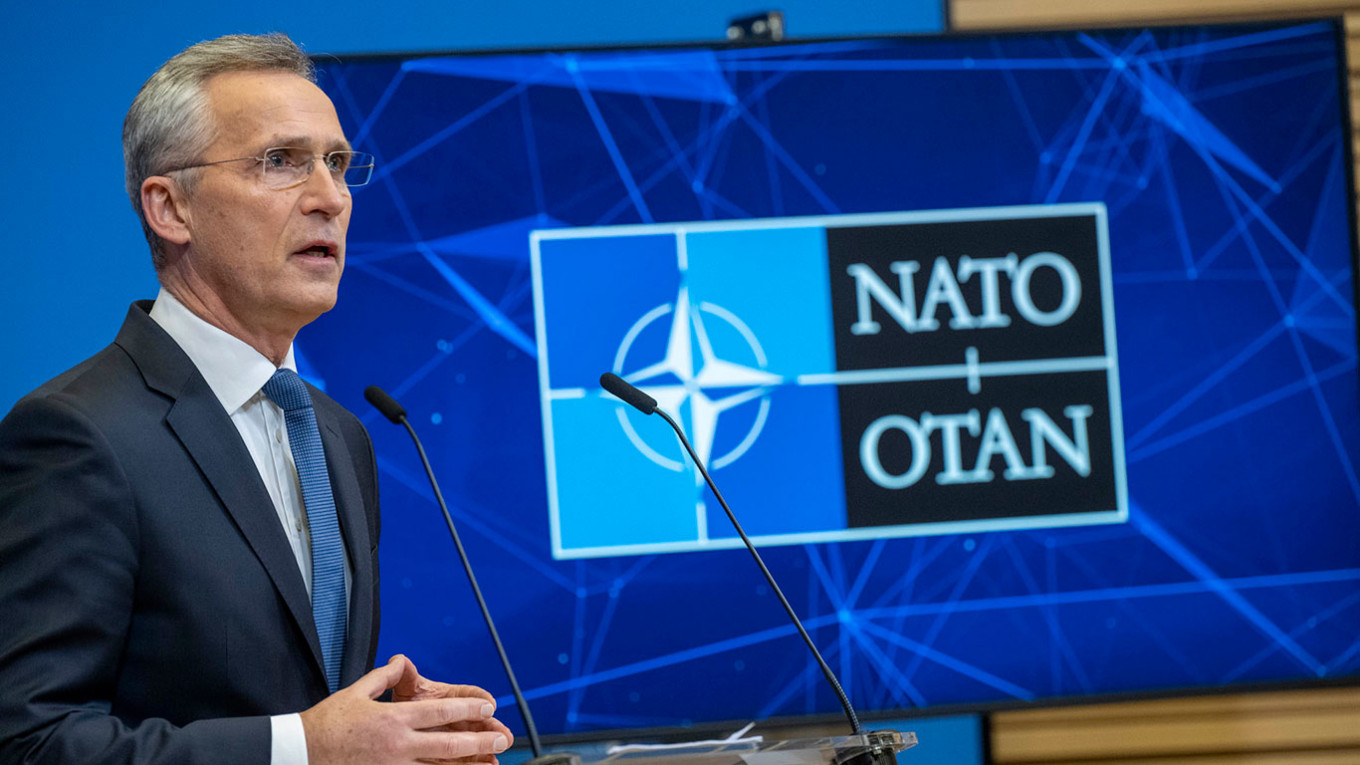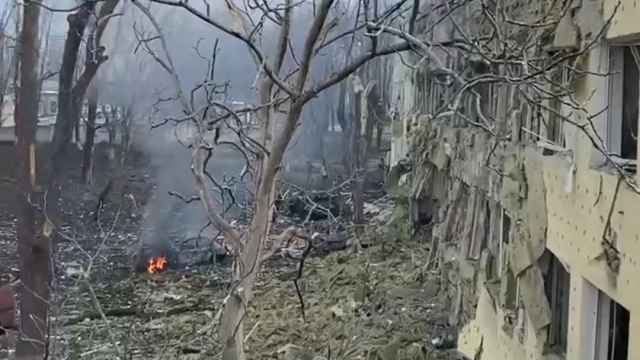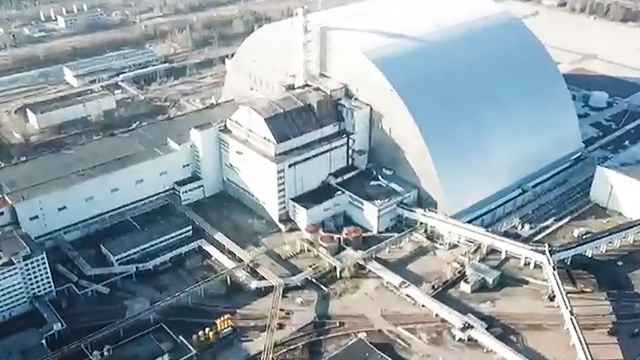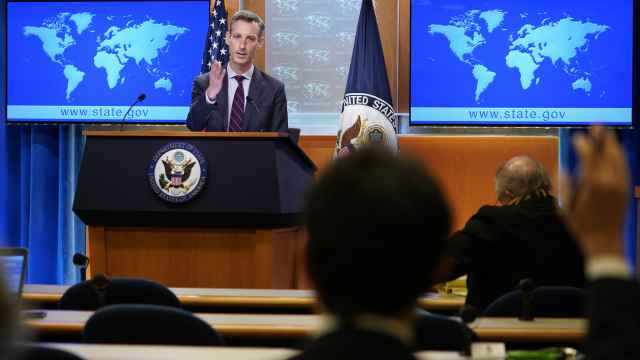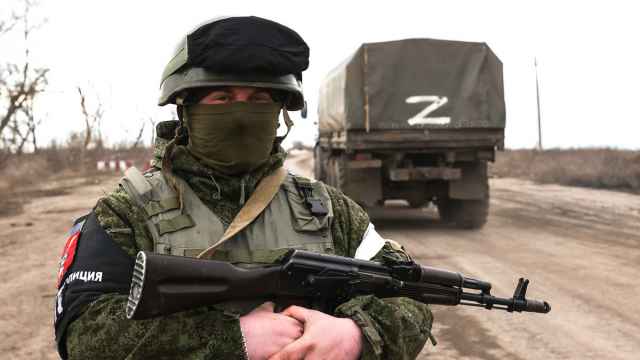Western allies on Friday condemned Russia over the shelling of a nuclear plant in Ukraine, but pushed back against calls for a no-fly zone from Kyiv to halt Moscow's bombardments.
Foreign ministers meeting in Brussels at NATO and the European Union said they were weighing more sanctions to keep up the pressure after hitting Moscow with a wave of economic punishment over its invasion.
"Overnight we have also seen reports about the attack against the nuclear power plant. This just demonstrates the recklessness of this war and the importance of ending it and the importance of Russia withdrawing all its troops and engaging good faith in diplomatic efforts," NATO chief Jens Stoltenberg said.
"NATO is not part of the conflict. NATO is a defensive alliance, we do not seek war or conflict with Russia."
French Foreign Minister Jean-Yves Le Drian said allies "strongly condemn" the attack and called on Russia to stop its "aggression".
The fears around Europe's largest nuclear plant added fresh urgency to the string of meetings set to showcase the West's unity in trying to confront Russian President Vladimir Putin.
NATO members have rushed thousands of troops to eastern Europe to bolster the alliance's flank closest to Russia and are sending weapons to help Ukraine defend itself.
NATO has ruled out intervening militarily over fears of getting into a direct conflict with Moscow that could spiral into nuclear war.
That has so far included rebuffing Ukrainian calls for a no-fly zone over their country to halt bombings by the Kremlin's forces.
"NATO shouldn't be dragged into this conflict," Czech Foreign Minister Jan Lipavsky said.
"No-fly zone means NATO being in a conflict since it will be NATO forces enforcing this no-fly zone."
Canada's top diploomat Melanie Joly said: "We know that our red line is to make sure that there's no international conflict."
"At the same time, I would say that we want to make sure that scenarios are being discussed, and we want to make sure also, that throughout the alliance, and throughout all the countries that support Ukraine, that we can have discussions, because we need to stop this war," she said.
Ukraine's President Volodymyr Zelensky demanded more sanctions from the West in the wake of the attack on the nuclear plant as the allies take stock of the economic toll they have impacted on Moscow so far.
"Everything remains on the table," EU foreign policy chief Josep Borrell said.
German Foreign Minister Annalena Baerbock insisted more sanctions would be on the way.
"Beyond the three severe packages of (EU) sanctions that we have already decided on, we will take further measures that target Putin's centre of power," she said.
Latvian Foreign Minister Edgars Rinkevics said it was time to target Russia's key oil and gas exports despite reluctance from major EU economies to hit crucial energy supplies.
"I understand how difficult it would be for all of us, but then... make a choice," Rinkevics said.
A Message from The Moscow Times:
Dear readers,
We are facing unprecedented challenges. Russia's Prosecutor General's Office has designated The Moscow Times as an "undesirable" organization, criminalizing our work and putting our staff at risk of prosecution. This follows our earlier unjust labeling as a "foreign agent."
These actions are direct attempts to silence independent journalism in Russia. The authorities claim our work "discredits the decisions of the Russian leadership." We see things differently: we strive to provide accurate, unbiased reporting on Russia.
We, the journalists of The Moscow Times, refuse to be silenced. But to continue our work, we need your help.
Your support, no matter how small, makes a world of difference. If you can, please support us monthly starting from just $2. It's quick to set up, and every contribution makes a significant impact.
By supporting The Moscow Times, you're defending open, independent journalism in the face of repression. Thank you for standing with us.
Remind me later.


